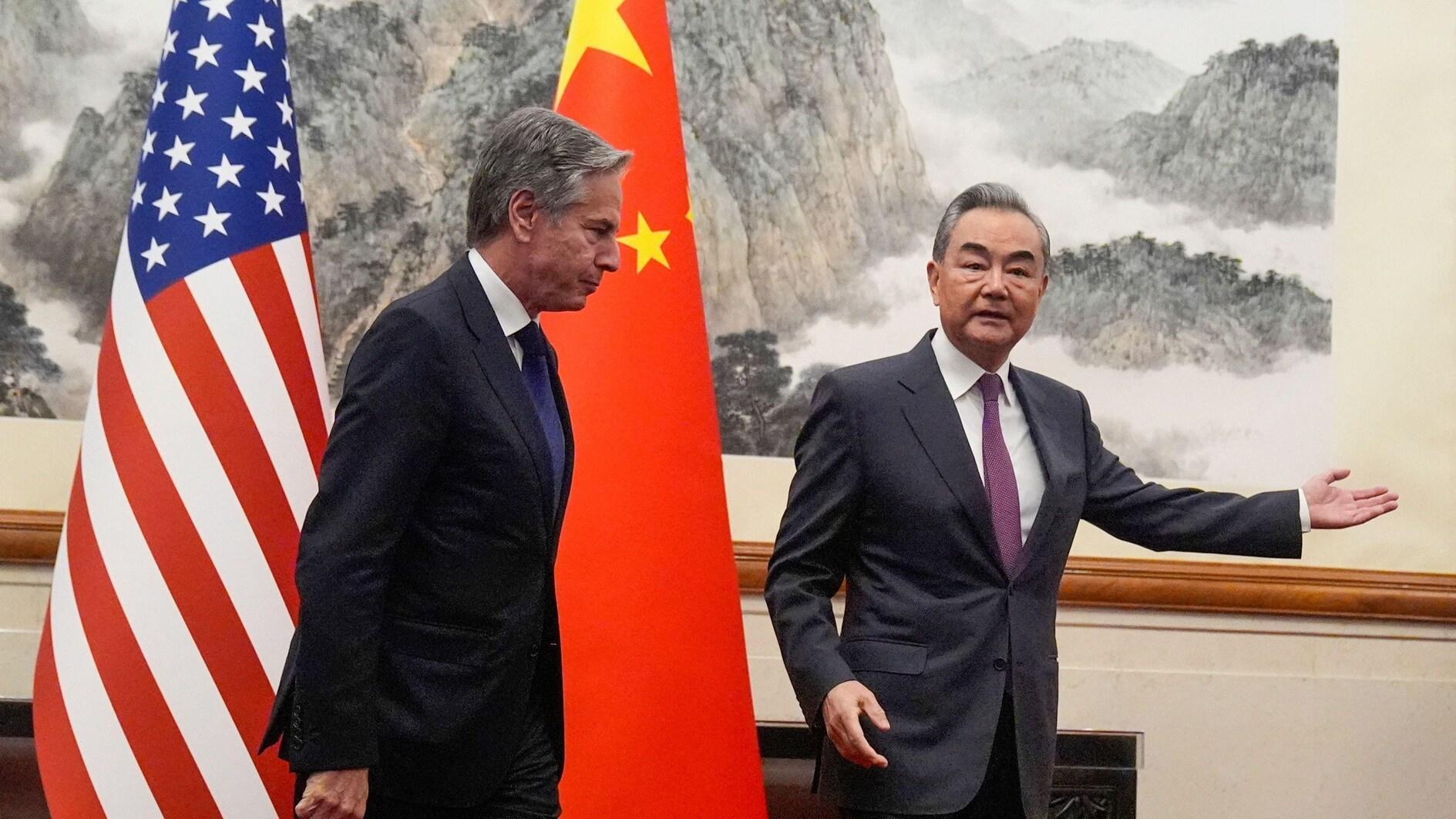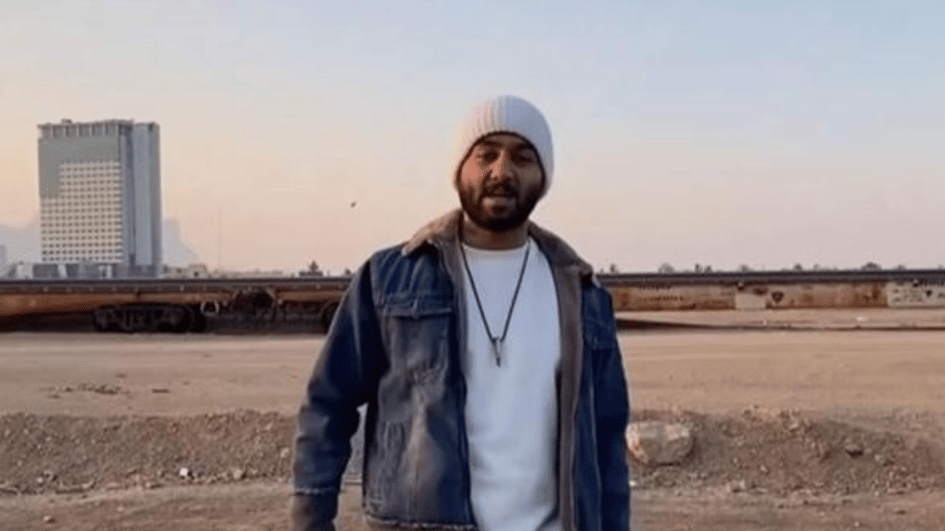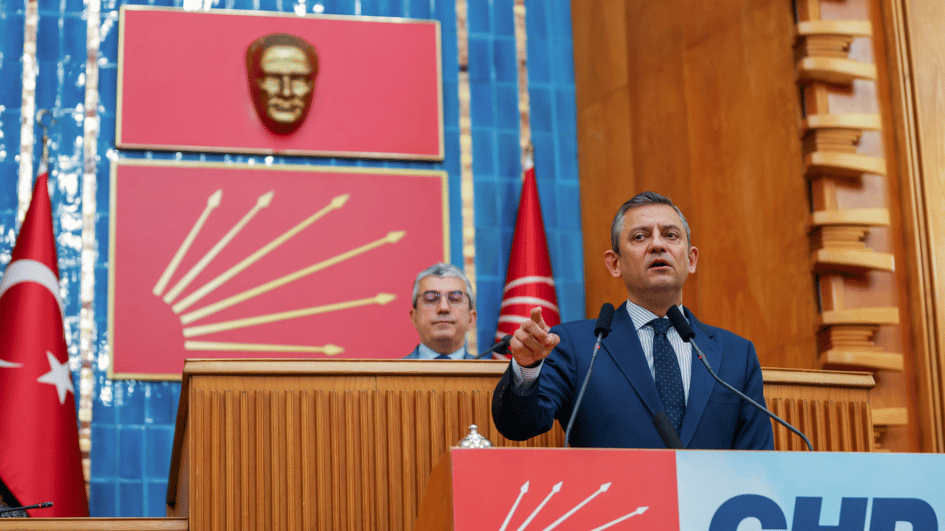Turkey to look at ‘acts rather than words’
One of President Tayyip Erdoğan’s most important aims in his first official meeting in the White House with U.S. President Donald Trump was to dissuade him from his decision to arm the PYD/YPG and conduct a joint operation with them to seize Raqqa, despite the fact that PYD/YPG is very openly an arm of the outlawed Kurdistan Workers’ Party (PKK).
The Pentagon, knowing that Erdoğan came to Washington with this in mind, made the White House announce in advance that it would “continue with the YPG” in order to prevent any disruptions to their plans.
Erdoğan and his accompanying delegation arrived in Washington knowing that it would be very difficult to make Trump change his decision, and indeed they were unable to reach the desired result in this matter.
It is one thing if Washington’s cooperation with the YPG remains just a tactical step restricted to the Raqqa operation, but if it turns out to be a more strategic decision toward the forming of a “united independent Kurdistan” in the future then it would have other more serious consequences.
If the White House in practice develops this cooperation politically and militarily in the direction of forming a state on the PKK-PYD-YPG front, and if this formation starts being a threat to Turkey’s territorial integrity, then there will inevitably be a breaking point in Turkey-U.S. relations.
Several signs in Erdoğan’s answers suggest that this aspect was openly conveyed to Trump and his administration in their meetings. Asked whether there were guarantees to eliminate Turkey’s concerns, he said the following: “They always say that, but we will look into the practice. If there is an attack against the belt that we have formed in Syria, which we have cleansed of terror, or against our borders, we would apply the rules of engagement without asking anybody.” His words carry the message that verbal guarantees are not enough for Ankara, they will have to look into the practice.
Erdoğan also recalled that former promises had not been kept. For instance, in Manbij, it was said that PKK-PYD-YPG elements would withdraw to the east of Euphrates but that did not happen. It could therefore be interpreted that the promises of the White House were not satisfactory for Erdoğan and his delegation.
As we understand it, it has been conveyed to the White House that if there is an attack against the area controlled by the Euphrates Shield operation or the Turkish border, Turkey will respond militarily.
One of the top officials in the Turkish delegation further clarified Ankara’s position: “We openly told Trump and his delegation that ‘if such an attack occurs, we will carry out a much wider military intervention.’ The other side has accepted Turkey’s right to intervene in such a case.”
This information was backed by Erdoğan’s statements that despite the U.S.’s YPG preference, Turkey will be in the field and will continue to control the area it has cleansed of terror. It will continue to be at the table within the decision-making mechanism.
In sum, if the support to be given to the PKK-PYD-YPG front becomes a threat to Turkey’s territorial integrity, Ankara will consider this a critical issue and will use all its rights stemming from international law. It will also not refrain from a wide-scale military intervention.
Erdoğan foresees that even if the Raqqa operation is carried out with the cooperation of the U.S. and the YPG, sooner or later they will have to knock on Turkey’s door.
According to the president, it is not possible to establish and maintain economic, military and political stability in the region without Turkey. He believes that the U.S.’s YPG preference will form an environment in Syria that could generate several social turbulences, starting with an Arab-Kurdish conflict, and ultimately this will lead to them appealing to Turkey for a solution.











